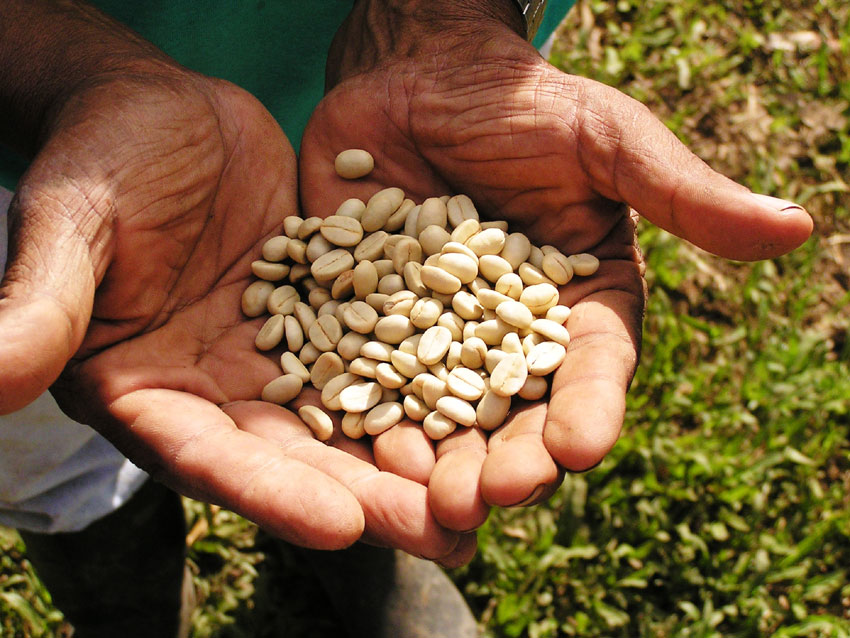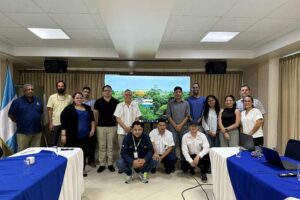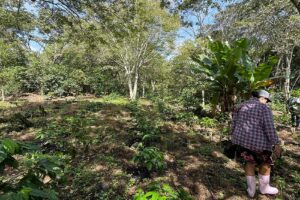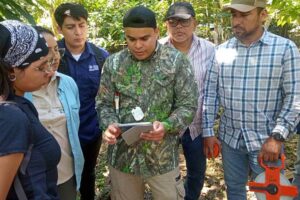CATIE participates in study to improve the welfare of coffee-growing families in Pitalito, Colombia

- The contributions were provided by researchers from CATIE's Biostatistics Unit in conjunction with study centers in Colombia and Argentina..
May 12, 2022. The impact that coffee production has on thousands of Latin American families, as well as the complexity of poverty and the factors that influence it in the region, motivated the research "Contribution of Livelihoods to the Well-Being of Coffee-Growing Households in Southern Colombia: A Structural Equation Modeling Approach", which determined, through the Community Capital Index (CCI), the state of human well-being of coffee-growing families in the municipality of Pitalito, Colombia.
Through the analysis of human welfare based on the presence of cultural, financial, human, infrastructure, natural, political and social capital, important results were obtained for the planning of more effective programs that seek to improve the quality of life. For example, it is highlighted that the specific synergy of political and social capital has an increase in the welfare of coffee growing families, a situation that significantly reduces inequality and poverty.
Among the most important variables of political capital were the possession of a coffee identification card and participation in the activities carried out by the community action board. The social capital variables that obtained the greatest weight were the benefits of the National Federation of Coffee Growers, the associativity between coffee growing families, the size of the families and the number of members that know how to read.
The research shows that the stronger the social capital in relation to associations and aggregations, the greater the probability of success, allowing families with low levels of wellbeing to climb to higher levels of technology and entrepreneurship, which will also translate, in the future, into greater wellbeing. In addition, it was found that the participation of women in decision-making has been one of the relevant actions with which the increase in the well-being of families has been achieved.
"This research falls within CATIE's strategic objectives, in its effort to improve the well-being of the region's producer families," said Fernando Casanoves, researcher at the Biostatistics Unit of CATIE (Tropical Agricultural Research and Higher Education Center) and co-author of the article.
The research was carried out by Adriana Suárez, Fausto Ortiz Morea and Juan Carlos Suárez, researchers at the Universidad de la Amazonía (University of the Amazon), in Colombia; Isabel Gutiérrez Montes and Fernando Casanoves, researchers at CATIE, in Costa Rica; and Julio Di Renzo, researcher at the National University of Córdoba, in Argentina. If you wish to access the full article, please click here.
More information:
Fernando Casanoves
Researcher
CATIE Biostatistics Unit
casanoves@catie.ac.cr
Written by:
Dannia Gamboa Solís
Communications Assistant
Information Technology and Communication
dannia.gamboa@catie.ac.cr



